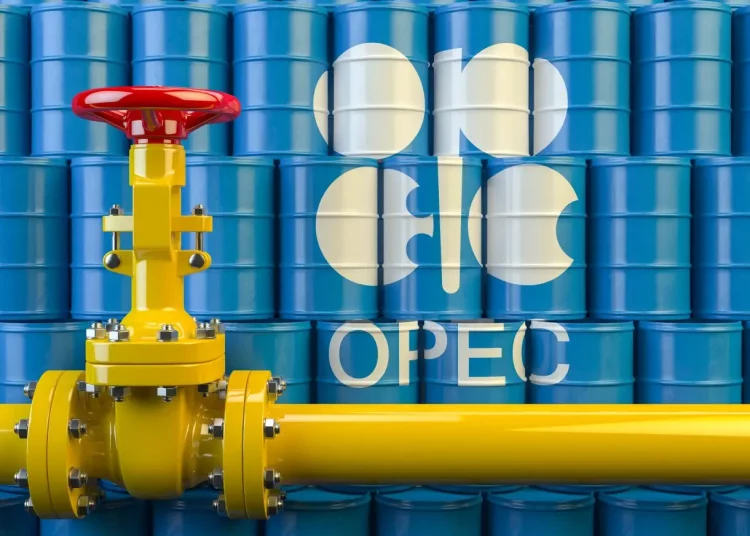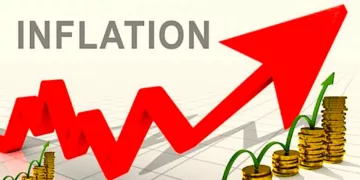The United States of America(USA), is currently mounting serious pressure on the Organisation of Petroleum Exporting Countries(OPEC), to wet the oil market as global energy crises escalates.
Global oil market is seeing no improved supply as the Organization of Petroleum Exporting Countries, OPEC’s first oil-market outlook for 2023 suggests no relief for squeezed consumers, with more crude needed from the group even though most members are already pumping flat out.
The report published by OPEC’s Vienna-based research department on Tuesday indicates the supply crunch will persist.
Global demand will expand by 2.7 million barrels a day next year, bolstered by growth in emerging economies, while supplies outside OPEC will increase by 1.7 million a day, according to the cartel’s analysis. Gasoline and diesel fuel will drive the growth in consumption.
To balance supply and demand, OPEC would need to provide an average of 30.1 million barrels a day in 2023 which is 1.38 million a day more than the cartel’s 13 nations pumped in June.
The White House believes OPEC has capacity to raise oil production as additional pressure comes with scheduled visit by President Joe Biden to the Middle East.
“We do believe there is a capacity for further steps that could be taken,” National Security Advisor, Jake Sullivan said in a press conference on Monday. It’s ultimately up to OPEC countries to determine what those additional steps entail, he said.
Biden has intensified efforts to lobby the cartel for more output in an effort to tame high energy prices.
He is making his first visit to the Middle East this week, which will include a stop in Saudi Arabia. OPEC, expects global oil demand growth to exceed the increase in supplies by
1 million barrels a day next year and to fill the gap, OPEC would need to significantly hike production, but members are already falling far behind the volumes needed right now due to underinvestment and political instability.
Crude prices are holding above $100 a barrel as the world’s oil fields and refining facilities fail to keep pace with the post-pandemic rebound in fuel demand. That’s exacerbating a cost-of-living crisis and threatening to tip the global economy into recession.
President Joe Biden is urging Middle East producers to ease the crisis by opening the taps. He will visit the region this week with a planned stop in OPEC leader Saudi Arabia, but many analysts expect Gulf exporters to ration their remaining spare production capacity carefully.
National Security Advisor, Jake Sullivan told reporters on Monday that the US believes OPEC has scope to raise production, though it’s ultimately up to member countries to determine what steps to take.
If Biden does persuade Riyadh and the neighboring United Arab Emirates to provide some extra supply, the move will likely be formalized at the next meeting of OPEC and its partners on August 3, according to RBC Capital Markets LLC.





